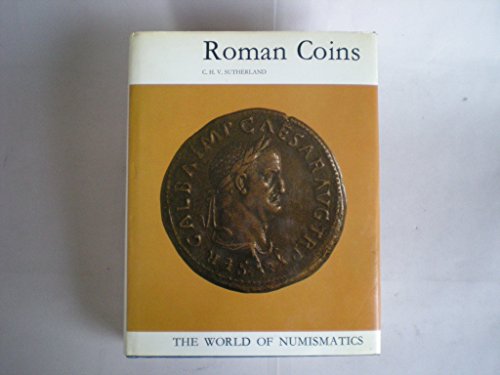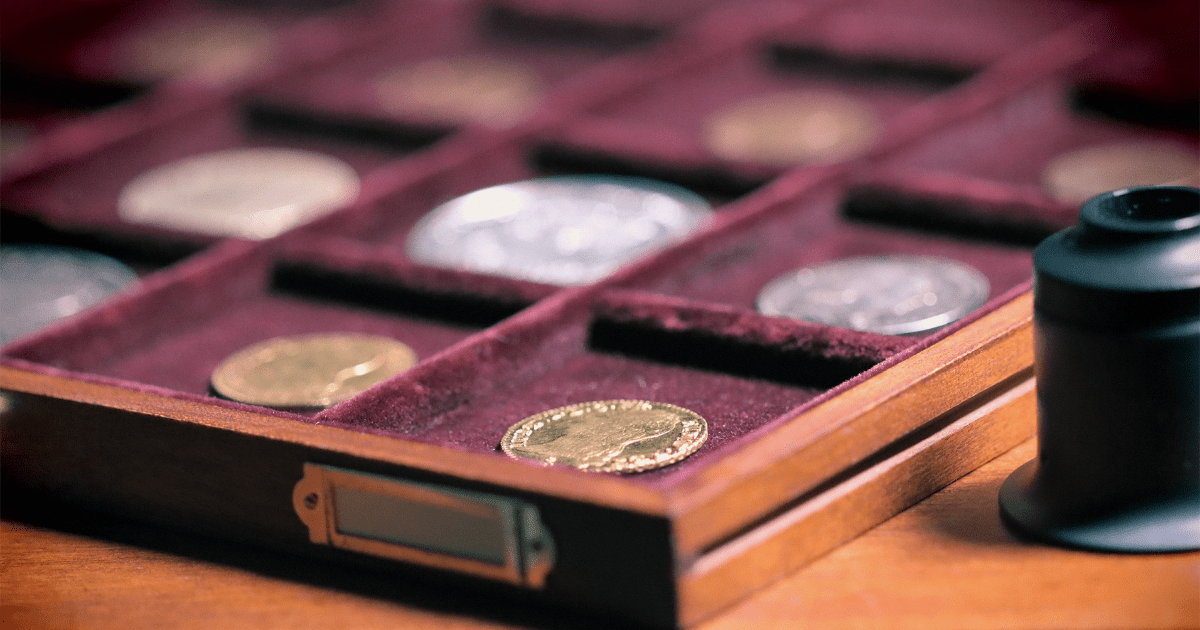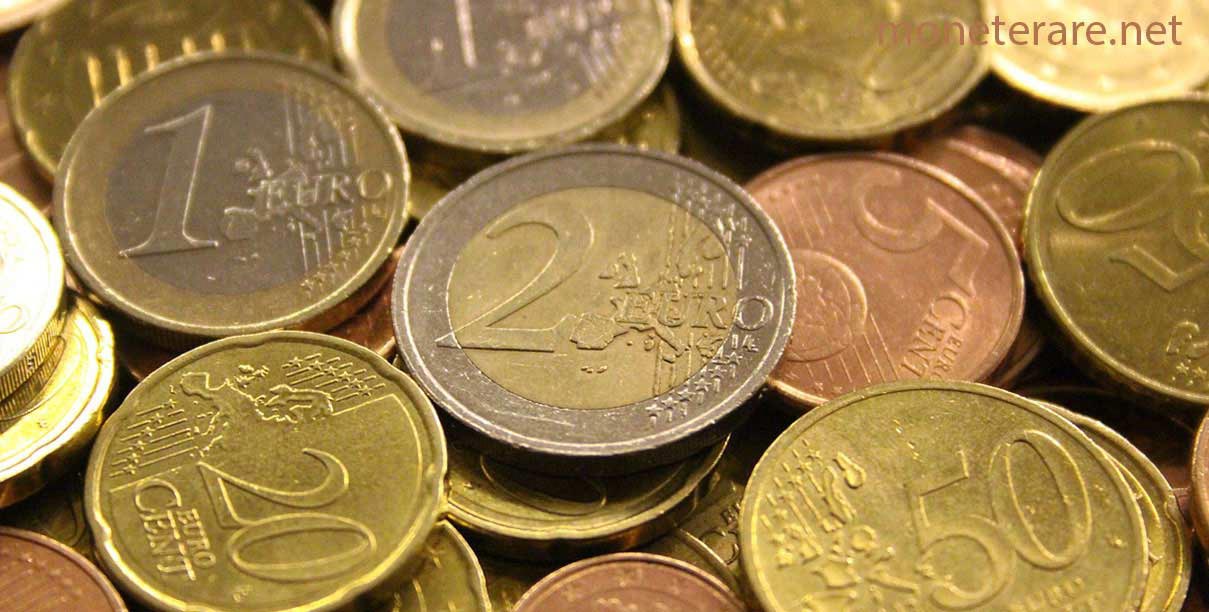Handy Advice On Picking Coin Identification And Obsolete Currency
Wiki Article
How Can I Utilize The Numismatics Database To Find Out More About Security Printing Facilities In Numismatics?
Researching numismatics with regards to printing security facilities involves the use of databases focused on the production of currency, security features, and technological advancements in the printing and minting process. Here is a methodical approach for conducting this type of research: Database selection: Select databases that focus on the production of currency and security print facilities. These databases can be provided by national mints (such the United States Mint Royal Mint), banks (such as Federal Reserve or European Central Bank) or industry specific databases and publications.
Define Research Focus: Specify your research objectives. Do you want to know more about the history of a specific security printing service, the innovations in technology utilized in the creation of currency and security features of coins and banknotes or the effect of deterring counterfeiters? Clarify the focus of your research.
Search strategy: Use words that describe the facility for example "security printers,"" "currency production technology" or "coin minting" and include specific names for facilities or geographic areas if you wish. Utilize advanced filters to filter search results by date, document types (such a technical reports or production statistics) and security options.
Data Collection: Access information on security printing companies such as their founding date as well as technological advances in printing and coining processes, kinds of security features incorporated into notes and coins, as well as any changes or developments in the past in the production methods.
Analyze your data to gain greater understanding of the development and impact of security printing technologies on numismatics. Examine how security features like microprinting, the use of holograms or inks that are specially designed have developed to stop counterfeiting. Examine and compare the various technologies or practices employed by printing facilities.
Cross-Reference: Check the validity of your research by comparing information from various databases and sources. This method ensures that your research is reliable and complete, providing you with an entire view of global security printing practices.
Documentation. Document your findings from research by meticulously citing sources, and jotting down any methods you've used. Notate the database names, search terms and relevance of each source in relation to your research.
As security printing techniques and technologies continue to develop It is essential to stay on top of the latest advancements. For the latest information on printing techniques, security features and mint reports, keep up with the latest publications from the industry.
These steps will allow you to search databases for security printers. This allows for a comprehensive review of the security measures and technological innovations that have shaped the production of banknotes all over the world. Have a look at the recommended uncirculated for site tips including mint, coin dealer, currency dealer, banknote value, coin minting, currency history, coin magazine, banknote marketplace, obsolete currency, banknote holder and more.

How Do I Utilize A Database To Research Numismatics In Relation To Exhibition And Show Events?
The research involves utilizing databases to preserve information on conferences, exhibitions and shows associated with numismatics. This is a systematic method to conduct such research. For instance, you can look at the websites of major numismatic associations like the American Numismatic Association.
Define Research Focus: Specify your research objectives. Are you looking to find out about upcoming or previous numismatic events conference on numismatics, coin shows, regional coin exhibitions and thematic exhibitions, or educational events? Determine the goal of your research.
Search Strategy: Add keywords such as "numismatic exhibitions,"" coin shows" or "numismatic event" and, if relevant include the names of particular occasions, places, themes, or other relevant information. Results from searches can be filtered by the date, event type (such conferences, exhibitions) or geographic region by using the advanced search option.
Data Collection: Access past and present numismatic exhibitions and other events. Collect information such as event dates and locations, organizers or themes, featured collections or exhibitor participation, or publications or catalogs. Find databases that permit you to access virtual tours of exhibitions, or other digital resources.
Interpret and analyze the data that you have collected to comprehend trends, themes, educational objectives and the educational benefits of numismatic displays and activities. Analyze how exhibitions and shows promote public awareness of the numismatic field as well as encourage exchange of knowledge and highlight significant collections.
Cross-Referencing. Verify that your information is correct by comparing it with other databases, lists of events, and official sites. This allows you to complete a thorough investigation and get a full overview of global numismatic events.
Documentation: Documentation is crucial. Note sources and the methods you used. Note the database's names as well as the search terms and relevancy of each source in relation to your study.
Stay updated: Numismatics is an ever-changing field featuring numerous conferences, exhibitions and exhibitions. Stay up to date by checking for the latest news from numismatic societies, event organizers, and databases to get the most up-to-date information on upcoming events.
These steps can assist you to explore numismatics through databases related to exhibitions and events. This technique allows for an in-depth exploration of the diversity and value for education of numismatic exhibitions and events across the world. Follow the top rated commemorative hints for more info including coin pressing, coin marketplace, uncirculated, legal tender, dollar, currency grading, bullion, coin history, silver coins, coin auction and more.

How Can I Find Out More About Numismatics And Collectors By Using The Numismatics Database?
To conduct this type of research, follow this approach: Here is a methodical approach for conducting this research:Database selection: Pick databases that specialize in numismatic profiles, numismatic associations and collector collections. For instance, online forums for collectors as well as websites of numismatic associations (like the American Numismatic Association), collector databases, and specialized databases for research in numismatics.
Define Research Focus: Specify your research objectives. You may be interested in the collecting preferences of certain collectors or in the creation of numismatic collections that are notable. Determine where you would like to target your search.
Search Strategy: Use words like "numismatic collectibles," "collector profile," or "numismatic organisations," and include collector names, or geographic areas in the event that they are relevant. Utilize advanced search options to filter results based on date, collecting specialties (such as coins from the past, exonumia or paper money) and membership in a numismatic society.
Data Collection: Get information about collectors, including biography, interests in collecting noteworthy acquisitions, as well as contributions to numismatic research or other community-related activities. Details about the creation and dispersion of notable collections can be gathered through analyzing auction results as well as catalogue entries.
Examine the data to determine what drives and inspires the numismatic collectors. Discover how collectors affect collecting trends, shape market demands, and help through educational initiatives and publications, as well as exhibitions to preserve and spread numismatic expertise.
Cross-Referencing: Verify your findings by cross-referencing information across various databases, profiles of collectors publication on numismatics, publications on numismatics, and auction archives. This ensures accuracy and completeness in your research and provides insight into the many roles and contributions of collectors to the numismatic community.
Documentation. Note your research findings by systematically using sources and jotting down methods employed. Note down the names of databases or search terms, as well as the relevance of each source in relation to your study.
Stay updated: Numismatic trends and collection interest shift as time passes. Keep track of updates on collector forums, publications of numismatic societies as well as databases for collectors who specialize to stay current on the latest trends and developments.
By following these steps, you will be able to allow you to use databases effectively to study numismatics in the way it pertains to collectors. This method allows for a thorough investigation into the motivations of collectors, their interests, and the contributions of collectors to the field, and provides valuable insight into the historical, cultural and economic aspects of the collecting practice. Check out the recommended denomination for blog advice including banknote value, federal reserve, coin authenticity, rial, obsolete currency, dime, currency forum, platinum, platinum, shekel and more.

How Do I Access An Numismatics Database For Online Forums And Communities To Do Research?
For numismatic research using online forums, you will need to use platforms where enthusiasts and collectors can share knowledge, discuss trends and showcase their collections. This is a methodical approach for conducting such research. Examples are forums such CoinTalk on Reddit or r/Coins on Facebook, and communities that are specialized in numismatics.
Define Research Focus: Specify your research objectives. Are you interested in understanding the latest trends in collecting, or discussing particular coins or historical periods, seeking advice on authentication and grading or meeting to experts in the specialized fields of Numismatics? Find out the purpose of your research.
Search Strategy: Add keywords that are relevant to you, such as "numismatic communities,"" "coin-collecting forums," or "online numismatic discussion," and even specific areas (ancient coin modern paper money, coin) or keywords that relate to your research question. Utilize the search feature within each platform.
Data Collection: Browse through threads, discussions or posts and other information within forums online and community. Learn about collecting strategies and the identification of coins markets, trends in the market and personal experiences with coins and numismatic finds. Also, talk about historical or cultural aspects associated with coinage.
Analysis: Examine and appreciate the opinions of members of the numismatic online communities. Take note of the expertise, consensus, and level of discussion among members of the community to assess the data.
Cross-Referencing: Check your findings by cross-referencing information across different forums and communities. Compare insights from multiple platforms to gain a more objective perspective on collecting, market sentiments, or expert advice from numismatic communities.
Documentation: Document your observations thoroughly, citing specific threads, discussions, and contributors when required. Record the key information along with trends, opinions, and other information within online forums.
Participate Be Active: Ask questions and take part in the discussions to gain knowledge and make connections with other members of the numismatics group. Keep up to date with the most recent threads, announcements and answers.
These steps will help you make use of online forums as well as communities and other resources to do your research on the subject of numismatics. This technique lets you tap into the collective wisdom and experiences of many specialists and collectors, giving valuable insights and opinions on different aspects of collecting coins, identifying them, and valuing their value. Follow the best read full report for silver coins for website info including krona, peso, denomination, coin news, coin mintmark, proof coins, collection, numismatic investment, dime, antique banknotes and more.

What Can I Do To Research Numismatics, In Regards To Industry Consultants?
Here's a method for conducting such research:Database Selection: Select databases that are specialized in consulting firms, industry reports, and publications that are relevant to the field of numismatics. Here's a method to conduct this research: Database Selection: Select databases that are specialized in consulting companies, industry reports, and other publications that are relevant to numismatics. Websites of business directories, sites of consulting firms, magazines from the numismatic societies and databases specific to specific industries are some examples.
Define Research Focus: Specify your research objectives. Are you interested in knowing more about consulting services offered to numismatic businesses and market analysis reports on numismatics? Or the expertise of individual consultants in particular areas of numismatics, or the patterns identified by industry experts? Find out more about the services that can assist you.
Search Strategy: Use search terms such as "numismatic industry consulting”, "numismatic consulting companies", "market research reports on coinage" and geographical regions, in the event that they are applicable. Make use of advanced search features to filter results by dates, consultants' specialties, and consulting services offered.
Data Collection: Get details on firms that specialize in numismatics, as well as industry experts offering services to businesses dealing in numismatics. You can gather information on consultants, their specialties (such as market analysis, collection and authentication management) and testimonials from customers as well as reports from industry consultants as well as other information.
Analyze: Examine your data to gain a greater understanding of the functions and contributions made by industry consultants. Examine the knowledge and techniques employed by consultants to provide advice on investing in numismatics, market trends and collection strategies for management.
Cross-References: Ensure that your information is accurate by comparing it to different databases, the publications from numismatic organizations, and reports from the industry. This ensures accuracy and the completeness of your research. This also gives you an extensive overview of the consulting landscape in numismatics.
Documentation: Record all of your findings, citing the sources you used, and describing the methodology you employed. Keep track of details like databases you have accessed, your search terms, and their connection to your research questions.
Keep yourself informed. Market trends, consulting services as well as the latest economic news and regulatory changes will impact the numismatics industry. Keep up-to date with industry trends by keeping an eye on the websites of consulting firms as well as industry reports.
By following these steps, you will be able to effectively utilize databases to study the numismatics industry in relation to consultants. This technique allows for a thorough review of the advice services provided, market analysis conducted, as well as the strategic information consultants offer within the numismatics sector. Additionally, it provides useful insights into investments and business operations and market dynamic. View the top how you can help for real for blog tips including historical currency, czech coins, numismatics, coin certification, banknote identification, austrian coins, numismatic value, silver, yen, banknote auction and more.
